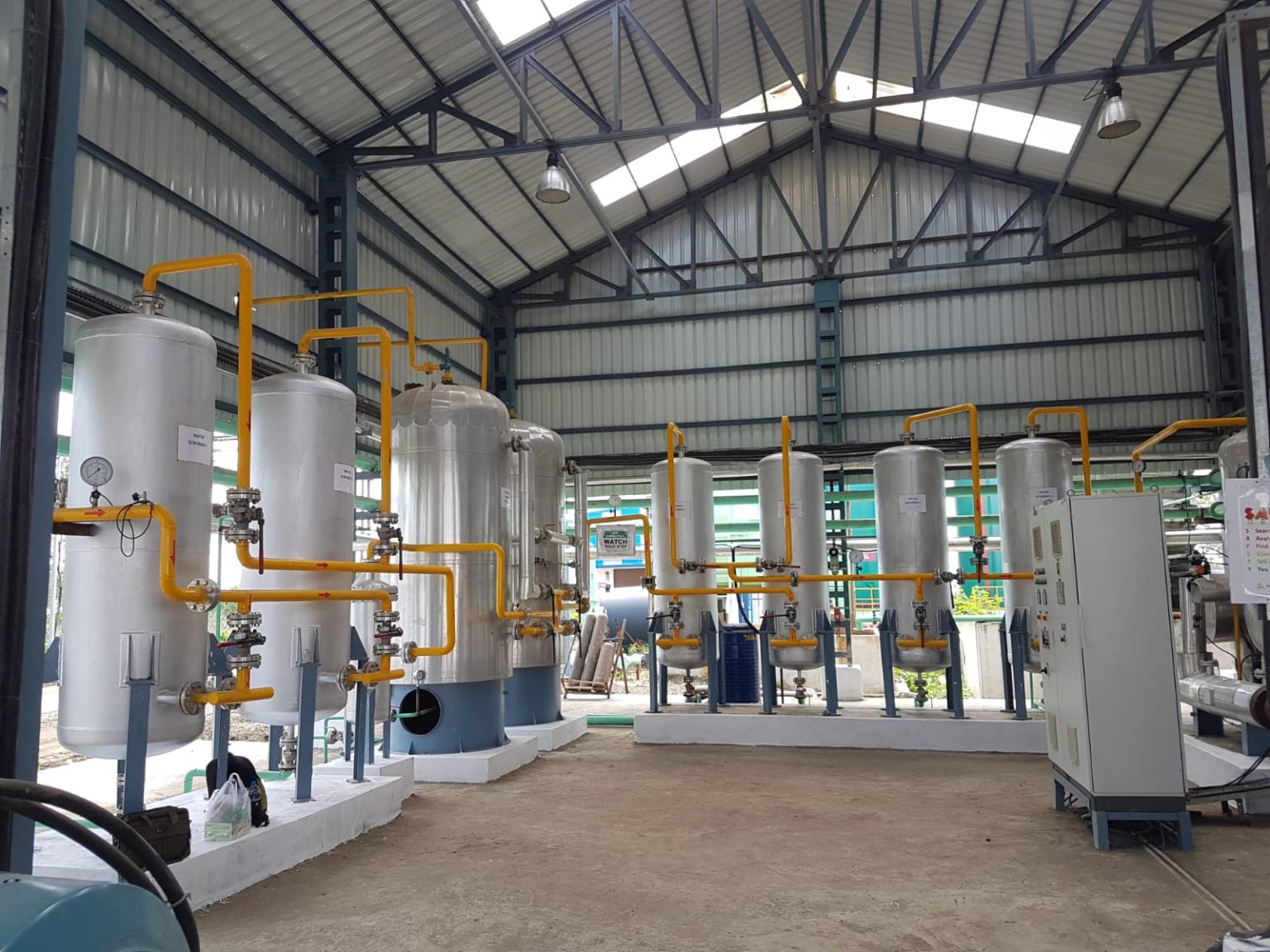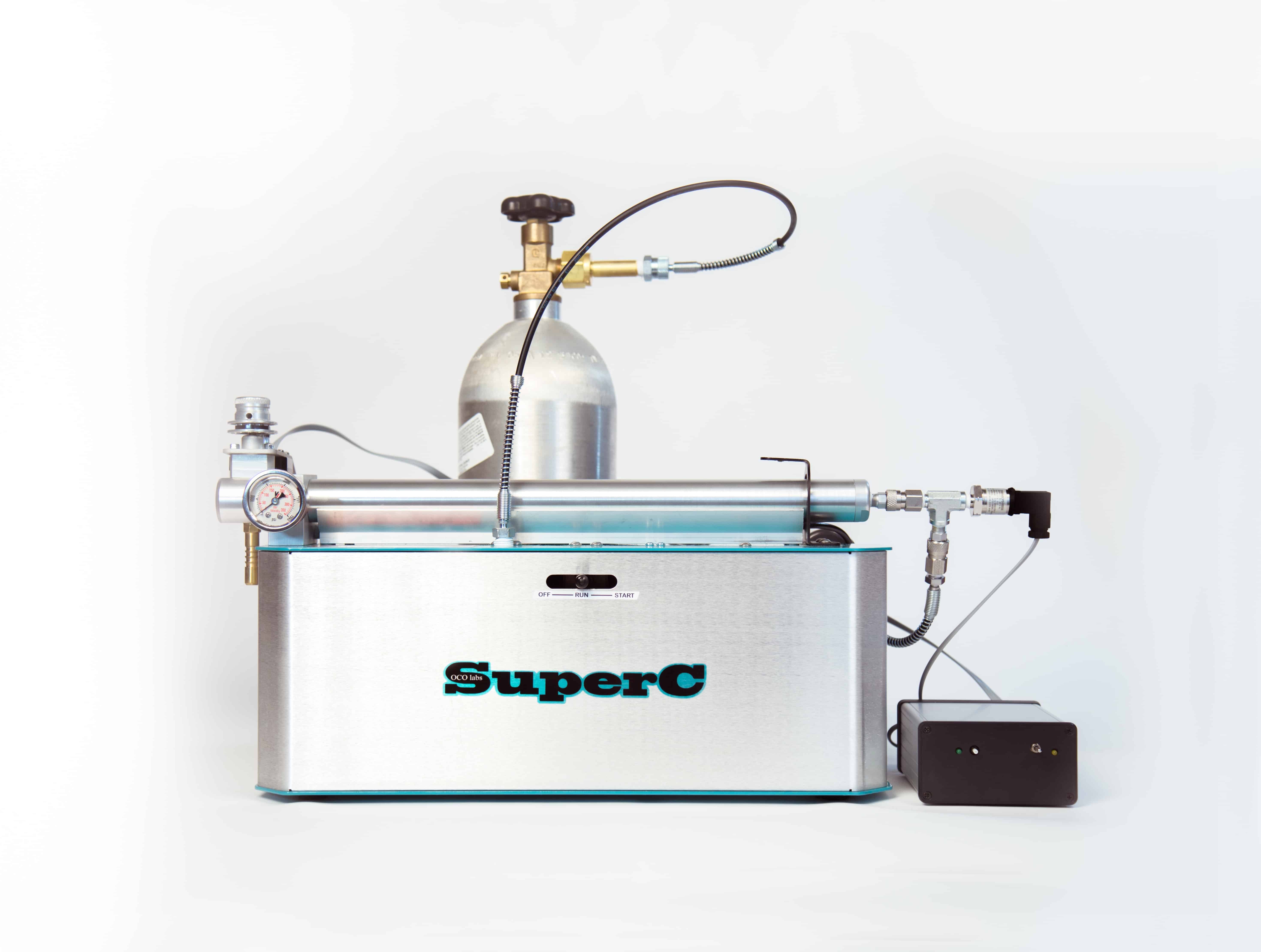Co2 machine for plants – CO2 machines for plants are innovative devices that elevate plant growth and productivity by optimizing the carbon dioxide levels in their environment. These machines play a crucial role in photosynthesis, the process by which plants convert sunlight into energy. By providing a controlled and enhanced supply of CO2, these machines unlock the potential for healthier and more vigorous plants.
CO2 machines come in various types, including generators and diffusers, each with unique functionalities and applications. Understanding the differences and selecting the appropriate machine based on plant size and growing environment is essential for maximizing benefits and ensuring plant safety.
Benefits of CO2 Machines for Plants

CO2 machines provide plants with supplemental carbon dioxide, an essential element for photosynthesis. By increasing CO2 levels, these machines can significantly enhance plant growth, productivity, and overall health.
Enhanced Photosynthesis
Photosynthesis is the process by which plants convert light energy into chemical energy, using carbon dioxide and water to produce glucose. CO2 machines increase the availability of carbon dioxide, enabling plants to photosynthesize more efficiently and produce more glucose. This increased energy production supports faster growth and development.
Improved Plant Health
Higher CO2 levels have been shown to improve plant health and resistance to pests and diseases. Plants with increased photosynthesis rates have stronger cell walls and more robust immune systems, making them less susceptible to pathogens and environmental stresses.
Increased Yield and Quality
CO2 machines can significantly increase crop yields and improve the quality of produce. Studies have shown that CO2 enrichment can increase fruit and vegetable production by up to 30%, while also enhancing their nutritional value, size, and flavor.
Optimal CO2 Levels
The optimal CO2 level for plants varies depending on the species. Most plants benefit from CO2 levels between 1,000 and 1,500 parts per million (ppm). However, some plants, such as tomatoes and cucumbers, prefer higher levels of up to 2,000 ppm.
Types and Uses of CO2 Machines

CO2 machines for plants come in two primary types: generators and diffusers. Generators produce CO2 through chemical reactions, while diffusers release pre-stored CO2 gas into the environment.
CO2 Generators: These machines generate CO2 through chemical reactions, typically using combustion or fermentation processes. They are often used in large-scale commercial greenhouses or indoor plant cultivation facilities where precise CO2 control is required. CO2 generators can produce high levels of CO2, but they also release heat and moisture, which may need to be managed in the growing environment.
CO2 Diffusers: CO2 diffusers release pre-stored CO2 gas into the environment through a diffuser mechanism. They are typically used in smaller-scale applications, such as home greenhouses or indoor plant cultivation. CO2 diffusers are easy to use and maintain, and they do not produce heat or moisture. However, they require a source of pre-stored CO2 gas, which can be inconvenient and expensive to replace.
Selecting the Appropriate CO2 Machine
The choice of CO2 machine depends on several factors, including the size of the growing environment, the number of plants, and the desired CO2 levels. For large-scale commercial operations, CO2 generators may be the preferred choice due to their ability to produce high levels of CO2. For smaller-scale applications, CO2 diffusers are often a more practical and cost-effective option.
Safety Considerations and Maintenance: Co2 Machine For Plants

CO2 machines, while beneficial for plant growth, require careful handling and maintenance to ensure safety and optimal performance. Understanding the potential risks and implementing proper safety measures are crucial for responsible use.
Potential Risks and Safe Operation
- Gas Leaks: CO2 is a heavier-than-air gas that can accumulate in low-lying areas, displacing oxygen. Proper ventilation and regular monitoring for leaks are essential to prevent asphyxiation risks.
- Fire Hazards: CO2 machines generate heat during operation. Avoid placing them near flammable materials or in enclosed spaces to prevent fire hazards.
Safe Installation and Operation, Co2 machine for plants
- Adequate Ventilation: Ensure proper ventilation in the growing area to prevent CO2 buildup and maintain oxygen levels.
- Gas Detection: Install CO2 sensors to monitor gas levels and trigger alarms in case of leaks.
- Regular Maintenance: Perform regular inspections of CO2 machines, including checking for leaks, cleaning filters, and ensuring proper calibration.
Troubleshooting
Regular troubleshooting helps identify and resolve issues with CO2 machines, ensuring optimal performance and safety.
- Gas Leaks: If a leak is detected, immediately turn off the CO2 machine and ventilate the area. Contact a qualified technician for repairs.
- Malfunctioning Sensors: Check sensor readings against known CO2 levels using a handheld CO2 meter. Calibrate or replace sensors as needed.
- Reduced CO2 Output: Inspect filters and clean or replace if clogged. Check for blockages in the CO2 supply line.